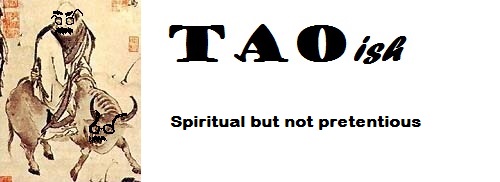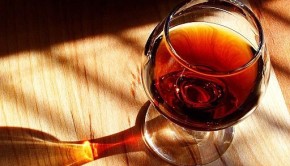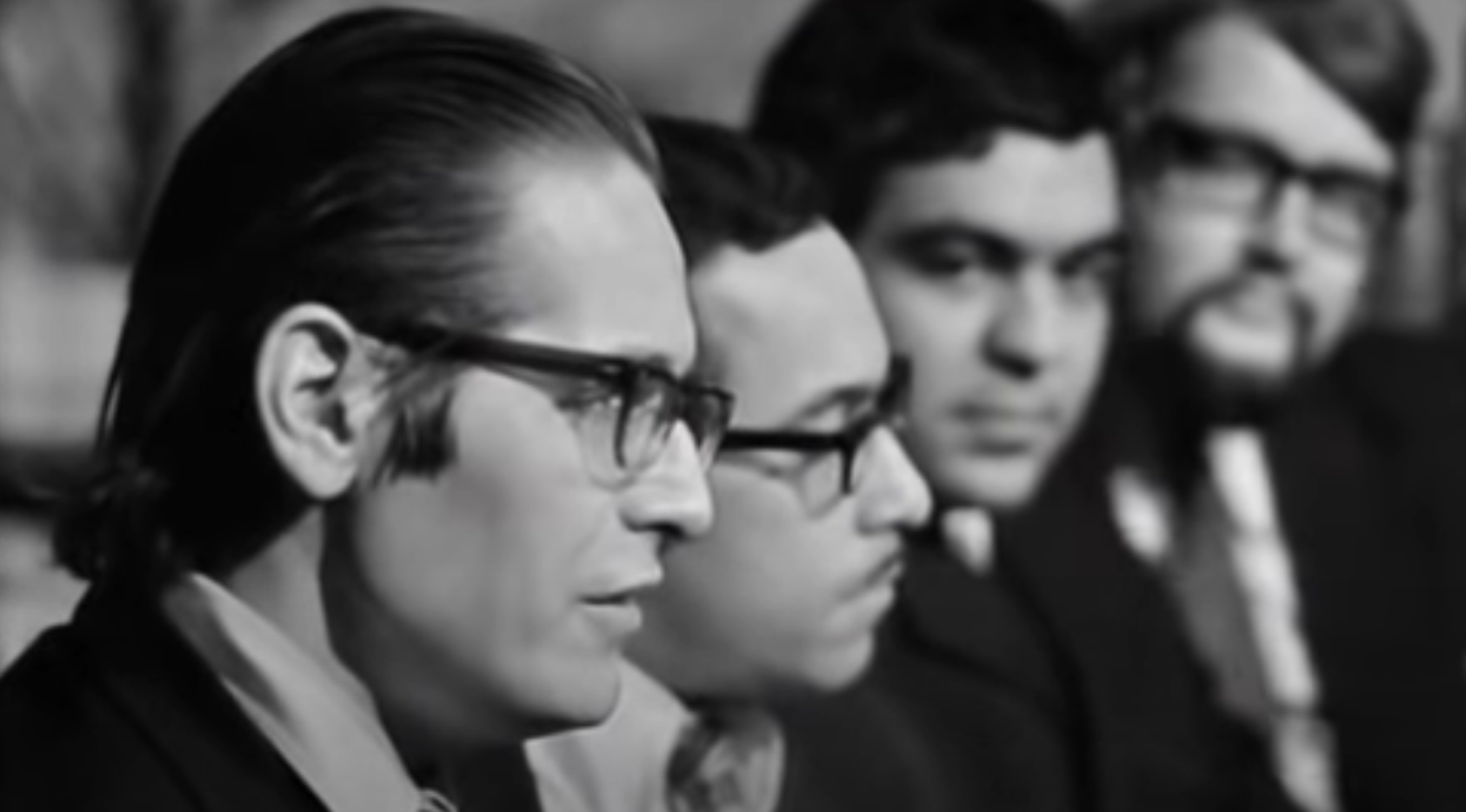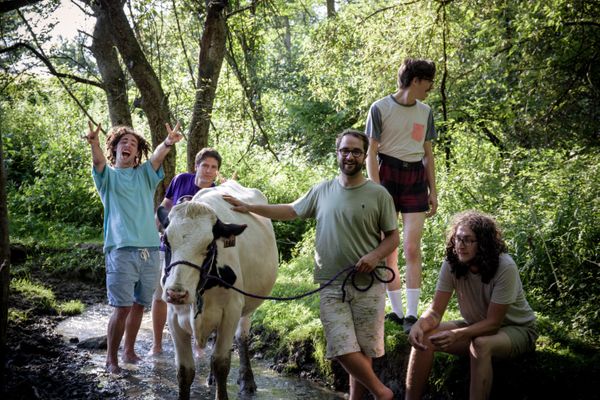Published on March 16th, 2014 | by msalt
Jane Hirshfield: “Wrong solitude vinegars the soul”
There are few American writers more criminally under-appreciated than poet Jane Hirshfield. A student of Zen, and a graduate of Princeton (from their first class that included women), she approaches every subject with humility and kicks it ass. Also, to my great delight, she reads her work without that annoying “poet inflection” that always sounds so pretentious.
Hirshfield’s poems brandish an amazing clarity, and something more: a radiance. The ancient Chinese talked a lot about “de” (or “Te”) as in the Daodejing (Tao Te Ching)). De is usually translated as “virtue” but that’s all wrong, because in America virtue means ‘good girls’ not having sex, or some other kind of goody-two-shoes moral superiority.
De is completely different, a kind of charismatic integrity — an evident, even radiant internal power. Hirshfield’s poetry bursts with de, and often describes de — but not hers, that would be dull bragging. She captures the de of moments and small beloved objects, of humans interacting with nature and each other by happenstance.
She is also very thoughtful about the process of writing, as in her classic book “Nine Gates.” She gave Psychology Today an absolutely concept-packed interview two months ago: “Poetry is a release of something previously unknown into the visible. You write to invite that, to make of yourself a gathering of the unexpected and, with luck, of the unexpectable.” Well worth reading.









